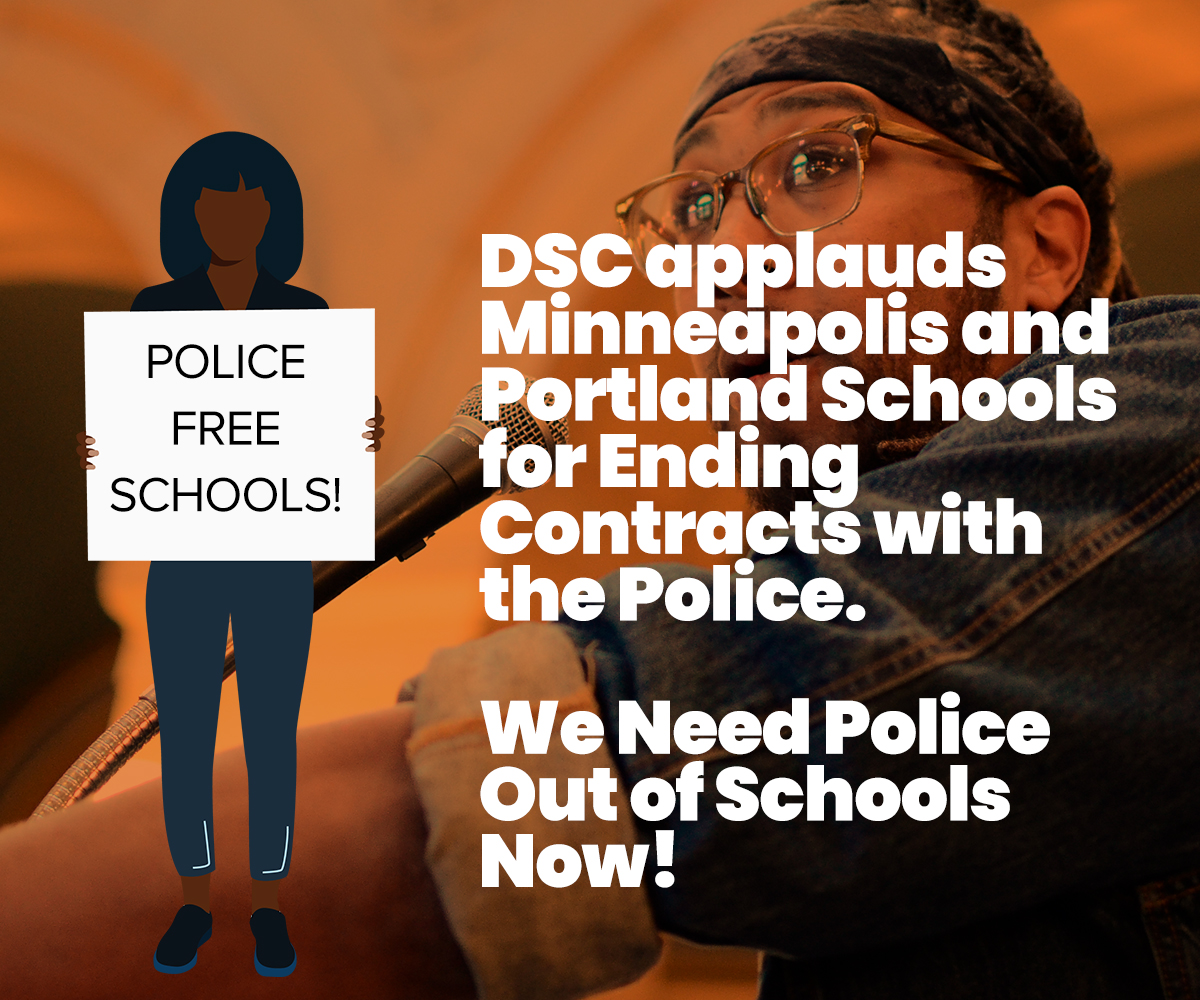New York, NY — Dismantling the school-to-prison pipeline starts with ending relationships between school districts and police departments. As we stand with youth and communities across the nation demanding an end to the ongoing police killings and violence against Black people, school districts must act and remove police from our schools.
We applaud the courageous and necessary decision of the Minneapolis Public School Board on June 2nd to terminate its contractual agreement with the Minneapolis Police Department. We also think it’s critical to lift up and acknowledge the years of organizing that parents, students, education advocates and organizations like the Midwest Center for School Transformation, Twin Cities Innovation Alliance, Minnesota Parent Union, Black Youth Project 100, Inclusion Revolution, the students at MPS, PAROS and others have done in Minneapolis around decriminalizing learning environments. This vote wasn’t possible without their work.
On June 4th, the Portland Public School Superintendent also announced his decision to discontinue the regular presence of school resource officers in the city’s high schools and to invest those funds in social workers, counselors, and culturally responsive programs. As in Minneapolis, parent and youth organizations like Portland Parent Union and others have fought for years to remove police and implement positive approaches.
As a coalition of over 120 grassroots organizations committed to ending school pushout, fighting racism, and dismantling oppression, we see these decisions as specific and practical steps districts nationwide can take towards meaningfully protecting students and creating healthier learning environments. We call on other districts to follow Minneapolis’ and Portland’s lead and the lead of organizations on the ground that have been fighting for years to remove police from schools in their districts. The daily presence of police in schools does not positively contribute to student success or safety. Frankly, that’s never been their role. With police in schools, students and their families are criminalized, and school-based arrests and referrals to law enforcement go up.
“While we stand in solidarity with this long-fought battle to remove SROs from schools, we also have to be forward-facing, as we don’t want the removal of the physical presence of police to be replaced with technological policing and criminalization through surveillance technology such as cameras and social media monitoring which would only expand the police state and the cradle-to-prison algorithm,” says Marika Pfefforkon of the Midwest Center for School Transformation and the Twin Cities Innovation Alliance.
Sheila Warren of Portland Parent Union shared, “We are thankful for all who think this shift is important! Though a great victory for all of us, we must gear up to demand where that money should be spent both with the schools and police. We did ask for Counselors not Cops!”
As we celebrate these major victories, we know that our work and our partners’ work in Minneapolis and Portland doesn’t cease. We need a human rights framework for schools that is reflected in education policy and present in the everyday learning environment. Fortunately, there are already a plethora of practices that we know can create safety and support students’ well-being, and there are youth and parent leaders and community-based practitioners with solutions for districts to implement. This includes bringing community intervention workers and peacebuilders into schools, implementing culturally relevant curriculums, practicing restorative and transformative justice, adequately funding and hiring critical support staff such as school counselors, and engaging young people around decisions that shape their academic and social future.
As schools divest from policing and other practices that contribute to the surveillance and criminalization of students and families, they can invest in these transformative, culturally responsive, and effective approaches that support students’ full academic, social and emotional development.


